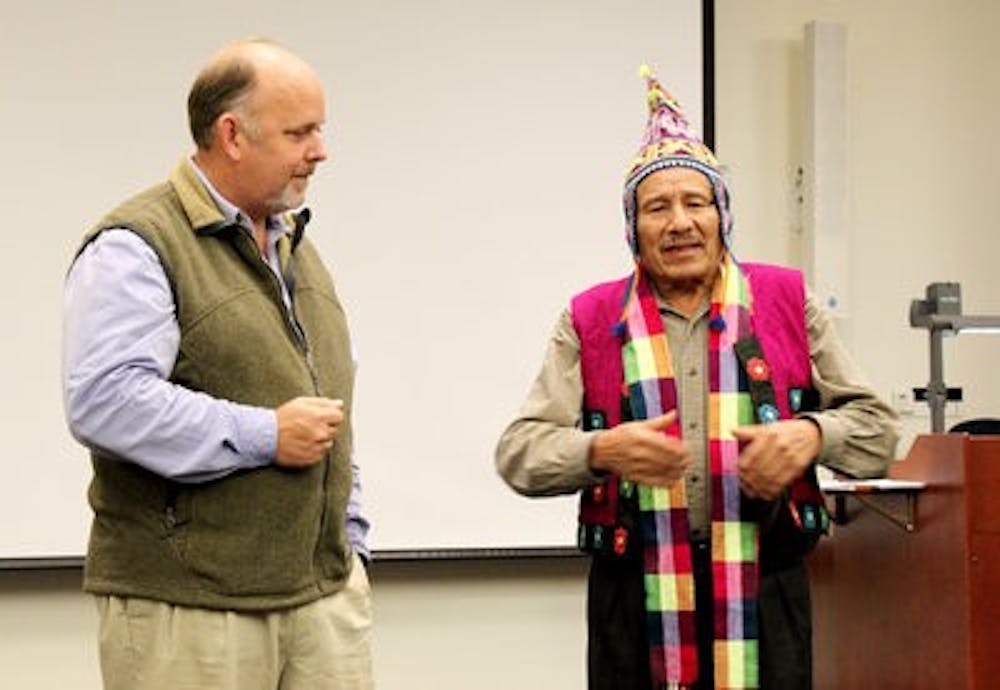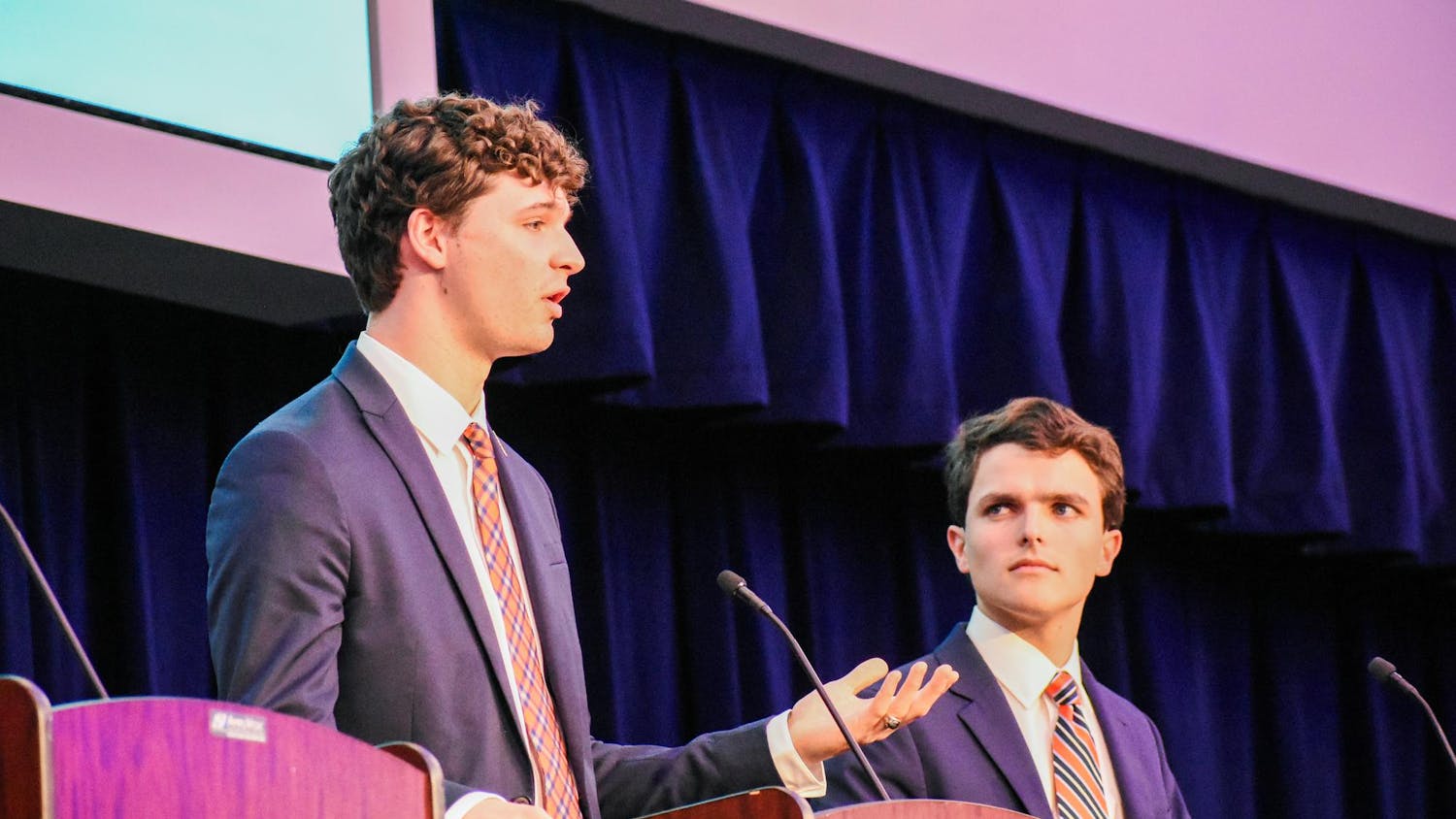Several Auburn engineering students will travel to Quesimpuco, Bolivia, this August to assess the technological needs of the community.
The trip will begin a five-year partnership between the newly formed Auburn chapter of Engineers Without Borders and Servants in Faith and Technology which will serve the community of Quesimpuco exclusively.
A meeting was held Feb. 4 in the Shelby Center about the future trip to Bolivia.
Benjamin "Benjo" Paredes, founder of Centro Nacional de Tecnologia Sustenible, and Tom Corson, director of SIFAT, spoke about the persistent needs in Bolivia.
In Quesimpuco, people do not have clean drinking water or stable electricity, Corson said.
Because of the town's elevation, the strength of the lightning is a major issue, Corson said.
SIFAT's goal is to provide sustainable and reproducible technology to people in remote villages, Corson said.
The people participate in the work that goes into establishing the technology, so when something breaks, they are able to repair it or build something new, Corson said.
Auburn EWB's first trip will be an assessment of the needs of the community, and then throughout the year, a group of 40 students will work on the projects in Auburn, said Steve Duke, associate professor of chemical engineering.
"We want to do something that the people want, and if the people don't want it and we give it to them, they're just not going to use it," said chapter president Andy Todd, senior in chemical engineering.
Summer 2011, another team will go to Bolivia to implement the work done by Auburn students throughout the year.
"Ninety percent of the work should be done here," Duke said.
The national EWB mandates that only eight students can travel to the site at a time so the community will not be overwhelmed with visitors, Duke said. Brandon Norris, junior in chemical engineering, is a member of the assessment team traveling to Bolivia.
"I just wanted to use my engineering classes and skills that I've developed over the years from industrial experience as well as in the classroom, and just use those skills that I've acquired in different countries to help others," Norris said.
Chapter secretary Alicia Denning, junior in chemical engineering, said the trip would give her the opportunity to make a difference in the world.
"I get to use my math, science and technical skills to change people's lives on a personal level," Denning said. "The organization is focused on sustainability and longevity in meeting people's basic needs."
SIFAT is a faith-based organization that has a history of working with Auburn United Methodist Church.
The University allows students to collaborate with SIFAT because of its emphasis on meeting people's physical needs.
No funding from the students or the University will fund evangelism, said Steve Duke, associate professor of chemical engineering.
SIFAT has worked with Auburn students in the past. Students in veterinary medicine, nursing and building science have traveled to Bolivia with SIFAT, and Duke have been working for three years to enable engineers to use their skills overseas as well.
Duke said about a year ago a group of about 10 students began drafting a constitution for Auburn's Engineers Without Borders chapter, the first step in making the trip a reality.
Todd said EWB welcomes students of other majors to participate in the projects and the planning process.
Interested students should contact Todd at toddand@auburn.edu.
Do you like this story? The Plainsman doesn't accept money from tuition or student fees, and we don't charge a subscription fee. But you can donate to support The Plainsman.





